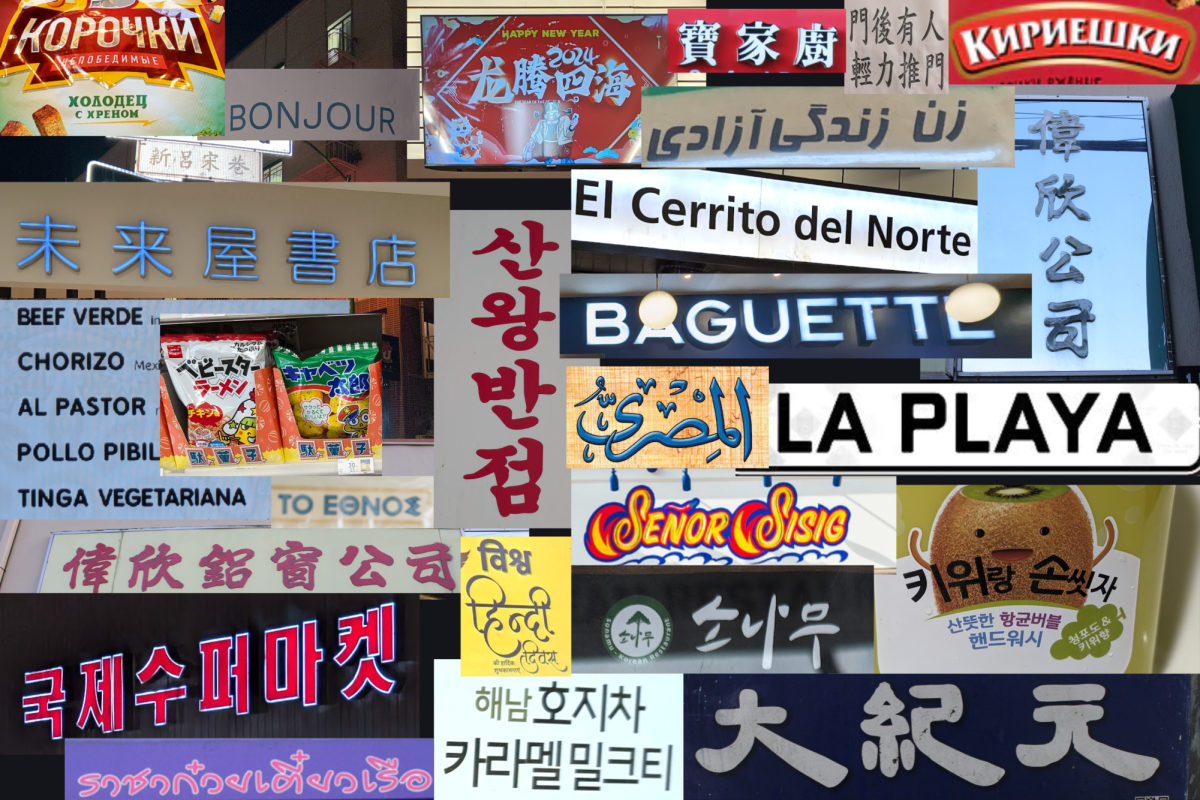For the purpose of this article, the term Mexican-American is used to refer to a person of Mexican heritage who is living in the U.S. regardless of citizenship status. The term Latinx is the gender-neutral version of Latino/Latina and is used to refer to a person of Latin American descent. The term Chicano/Chicana refers to a person of Mexican heritage who was born in the U.S.
Mexican Independence Day on Saturday was bittersweet for some Mexican-Americans this year amid rising hostility towards Latinx immigrants.
For some Mexican-Americans, the holiday evoked feelings of pride and cultural connection while also serving as a reminder that Latinx immigrants continue to face hardships in the current political climate.
Falling only a week after President Trump’s decision to end the Deferred Action for Childhood Arrivals (DACA) program, the traditionally joyous occasion was met with mixed emotions by some celebrants.
“I think that this year’s [Mexican Independence day] celebration made a lot of noise,” said third-year SF State student Alicia Quintero, a pre-nursing major and second-generation Mexican-American. “We are a proud people.”

Quintero grew up celebrating Mexican Independence Day with her community in Santa Ana, California and continues to join in the festivities now that she lives in San Francisco. She says it is a way for her to feel connected to her culture despite her physical distance from her family in Mexico.
“Now that I’m older and away from home, I celebrate Mexican Independence Day to honor my family and ancestors,” said Quintero. “I still participate in El Grito.”
The holiday, also known as El Dia de la Independencia (the day of independence), 16 de Septiembre (the 16th of September), Grito de Dolores (the cry of Dolores) and Fiestas Patrias (a patriotic celebration), is a big deal for most Mexican-Americans. It commemorates the historic “El Grito de Dolores” – the call to arms from Catholic priest Miguel Hidalgo – that triggered Mexico’s war for independence from Spain in 1810.
Traditionally, the affair is celebrated by individuals giving their own version of El Grito de Dolores at 11 p.m. on Sept. 15, the night before the actual holiday. The cry, which typically includes the remembrance of former patriots and ends with a call and response-style chant of “Viva México,” stirs up a great sense of pride in many participants. Then, on Sep. 16 festivals, parades and parties are held with traditional food, music and dancing.
SF State senior Melissa Moran, a political science major and self-identified Chicana, says that being raised in an assimilated family made her have a different experience of Mexican Independence Day than Quintero.
“We didn’t throw major celebrations for [Mexican] holidays,” said Moran. “It wasn’t until I got older and felt the need to indulge more in my Mexican heritage that I began searching for ways to celebrate.”
As a child, Moran would occasionally go to the festivals thrown in her native Los Angeles to celebrate. Now that she is an adult, Moran finds that observing the holiday makes her feel better connected to her heritage in a way she did not experience growing up.
This year, however, she says she felt detached from those in her community who are experiencing discrimination and the negative effects of the DACA decision. So much so, that she didn’t even realize she had missed the holiday completely until the day after it had passed.
“I feel somewhat disconnected because I don’t feel a spark to take action,” said Moran. “I had no sense of urgency and I really feel like there should have been.”
Moran is not alone. Roberto Costilla, a third-year international business student, also had mixed feelings this year. While feeling connected to his Mexican heritage through the celebration, he said he feels for those members of his community affected by the decision to end the DACA program although he does not personally know anyone affected.
“I’m really fortunate and extremely grateful that no one in my family is here because of DACA,” said Castillo, whose father is from Mexico.

According to statistics from the Department of Homeland Security, about 690,000 immigrants are enrolled in DACA. Since Sept. 5, thousands of DACA recipients – known as “Dreamers” – and DACA supporters have protested the decision to terminate the program. Despite the unusual social and political climate Mexican-Americans like Quintero, Moran and Costilla are experiencing, many feel a renewed and strengthened sense of pride – and an urge to fight back.
On Monday, just two days after Mexican Independence day, six DACA recipients filed a lawsuit against President Donald Trump in a U.S. District Court in San Francisco to block his administration from ending the program.
“We don’t take rejection based on our skin color or our citizenship lightly,” said Quintero. “I feel that it is my duty as a Mexican-American to fight for those who do not have the opportunity to fight for their rights here in America.”
“I acknowledge and appreciate that [not being affected by DACA] is a privilege of mine,” said Moran. “But don’t get me wrong – I stand by La Raza, always.”






